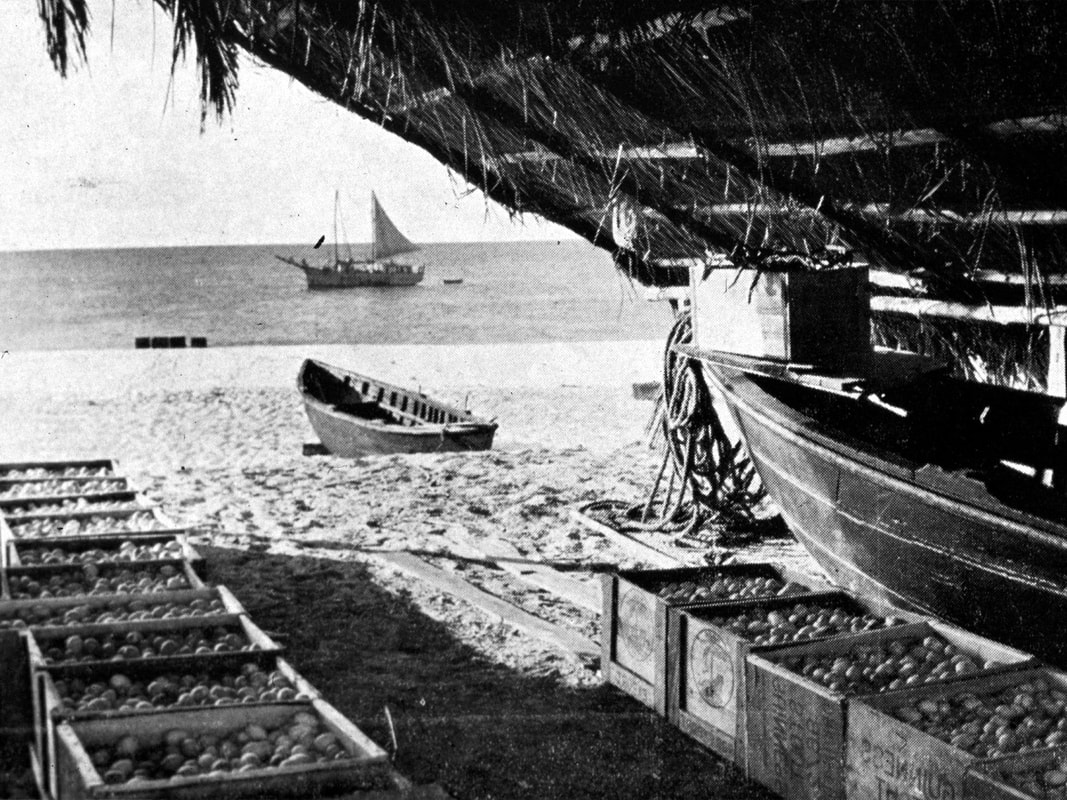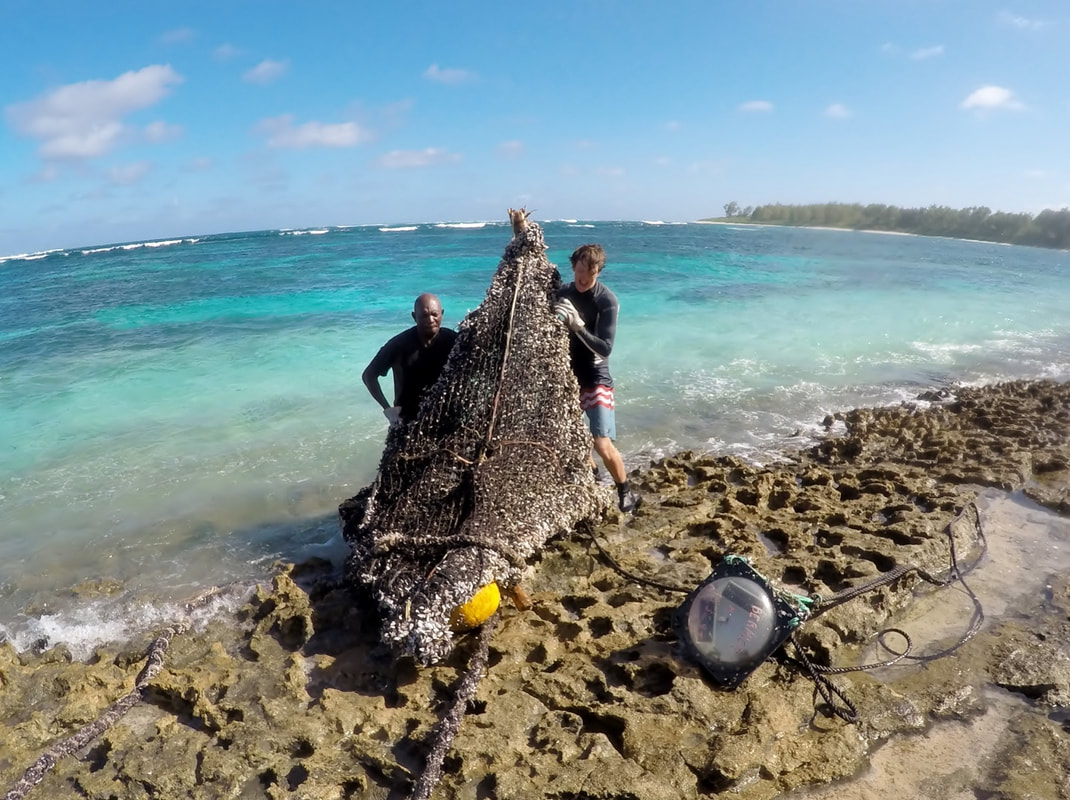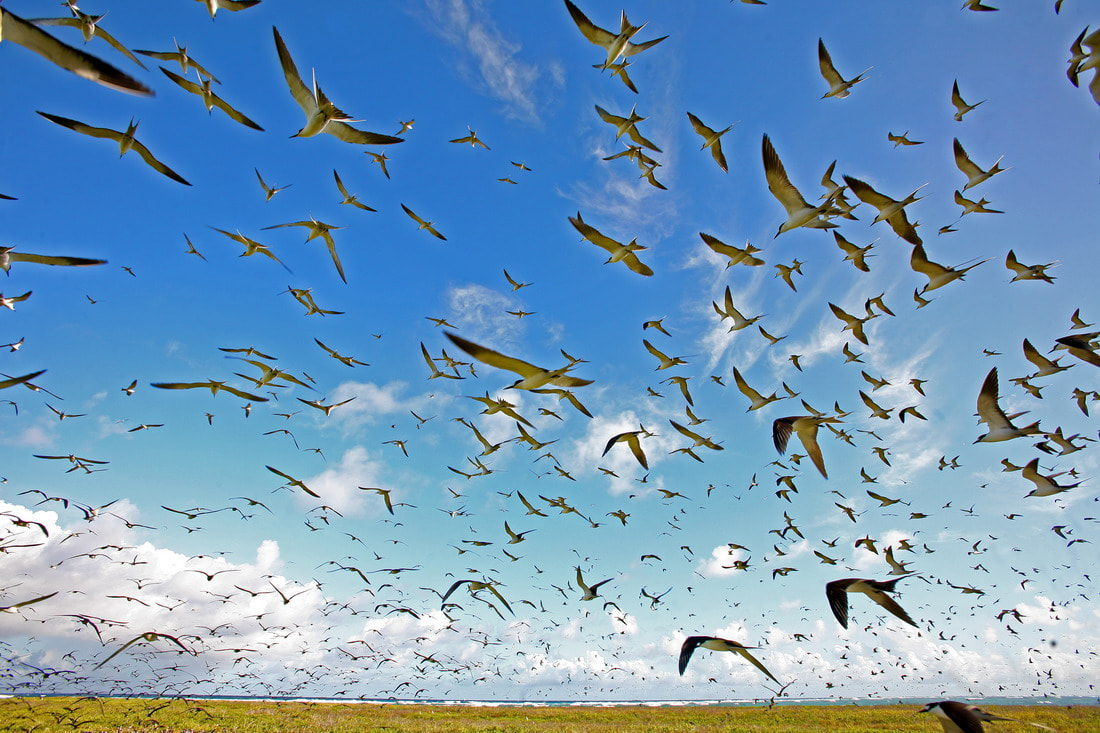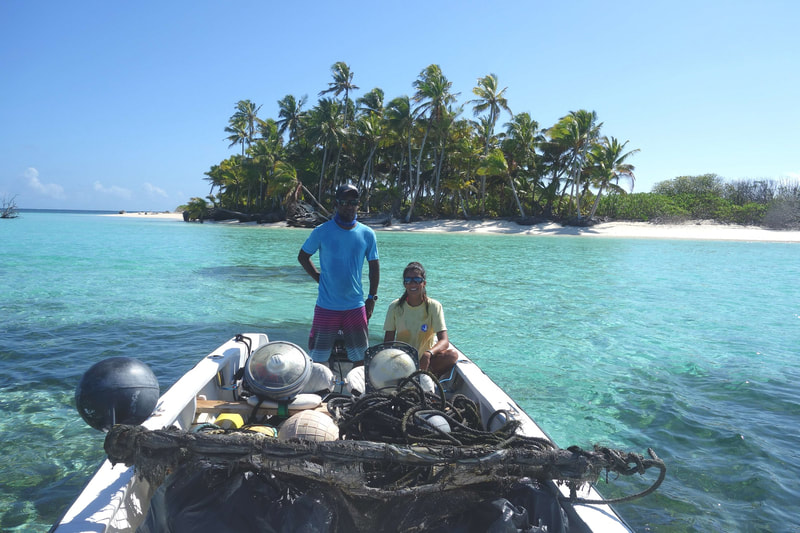|
POSITION STATEMENT OF ICS
Island Conservation Society (ICS) recognises that:
Therefore, to assist conservation actions and informed decisions, ICS calls for:
The full paper can be downloaded here
0 Comments
Many thousands of FADs are dumped in the Indian Ocean each year and in most cases are not recovered. This has increased the productivity of the fishing fleet but has brought significant environmental costs. The average FAD-caught fish is smaller and the catch includes a substantial number of juveniles. There is a relatively large bycatch including several species of pelagic sharks. The Indian Ocean FAD-based purse seine fishery has the highest percentage of bycatch in the world, 25%, compared to a global average of 16% (Daghorn et al 2013). Turtles also become entangled by ropes and netting beneath FADs and drown. FADs inflict considerable damage when they wash ashore at coral reefs. ICS will actively engage with the relevant parties to carry out a review and revision of (i) the existing FAD MANAGEMENT PLAN and (ii) the new FAD WATCH Agreement during this calendar year. Discussions should focus around:
It is proposed that ICS should commence and lead discussions with the relevant parties with a view to achieving a comprehensive revision of the two agreements mentioned. It is intended that these discussions should start in July this year with a view to finalisation and execution in 2022. The full paper can be downloaded here THE INDIAN OCEAN IS IN CRISIS: ICS issue position papers on FADs & Sooty Tern egg collection3/7/2021 The Indian Ocean is in crisis. Coral reefs are dying because of coral bleaching and damage from human activities. Some seabird populations appear to be in a state of massive decline. Plastics are being dumped at alarming levels. The widespread use of Fish Aggregation Devices has increased fishing yields at considerable environmental cost. Coastal erosion is impacting every island of Seychelles, threatening the very existence of some.
ICS Trustees met on 28 June and unanimously agreed to issue two position papers, ringing alarm bells on two of the major issues we are facing: The cropping of Sooty Tern eggs in Seychelles ICS has already given full support to the 2021 National Sooty Tern Census. Initial results are alarming. ICS calls for future annual population assessments to better understand long-term population trends. ICS is calling for research into changes in the marine ecosystem, renewed government support to make legislation effective and a reassessment of the sustainability of egg collection. Above all, ICS calls for a national debate on the relevance and justification for Sooty tern egg cropping in Seychelles in the 21st century. Fish Aggregation Devices (FADs) Many thousands of FADs are dumped in the Indian Ocean each year and in most cases are not recovered. This has increased the productivity of the fishing fleet but has brought significant environmental costs. The average FAD-caught fish is smaller and the catch includes a substantial number of juveniles. The Indian Ocean FAD-based purse seine fishery has the highest percentage of bycatch in the world. Turtles also become entangled by ropes and netting beneath FADs and drown. FADs inflict considerable damage when they wash ashore at coral reefs. ICS calls for acknowledgment and enforcement of the principle that that the polluter must pay for the environment damage and the subsequent clean-up. Serious on-going research into minimizing the environmental impact of FADs is required. ICS calls for discussions with the relevant parties with a view to achieving a comprehensive revision of agreements on FADs. More news will follow soon. |
Categories
All
Archives
June 2024
|





